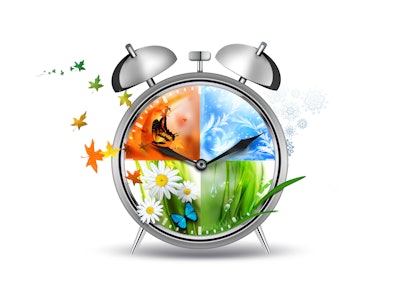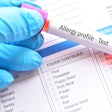
Seasonal variations and time of day can make a big difference in bronchodilator responsiveness, affecting the potential for improved management of asthma symptoms. According to a press release from the University of Cambridge in England, bronchodilator responsiveness is a key diagnostic criterion for asthma, traditionally defined by improvements in forced expiratory volume (FEV1) or forced vital capacity (FVC) after bronchodilator administration.
The study, “Effect of Time of Day and Seasonal Variation on Bronchodilator Responsiveness: The SPIRO-TIMETRY Study,” was published in the journal, Thorax, and found that the odds of a positive bronchodilator response decrease by 8% for each hour later in the working day. The study was a collaboration between the university and Royal Papworth Hospital NHS Foundation Trust (RPH) in Cambridge.
The study analyzed data from over 1,600 patients aged 18 or older. Spirometry was performed before and 20 minutes after inhalation of 400 µg of salbutamol. Patients who tested in the morning showed higher bronchodilator responsiveness compared to those who tested in the afternoon. This effect was particularly pronounced in patients who referred for asthma or suspected asthma.
Seasonal variations also played a role, with bronchodilator responsiveness being more common in winter months compared to other seasons. The study suggests that performing diagnostic tests when patients are most symptomatic, such as in the morning, may improve the accuracy of asthma diagnosis.
Researchers said these findings highlight the importance of considering the timing of spirometry testing and seasonal factors in clinical practice. The research calls for prospective studies to confirm these results and further investigate the impact of time and season on asthma treatment.






















